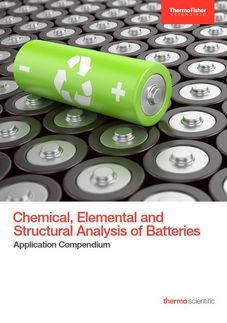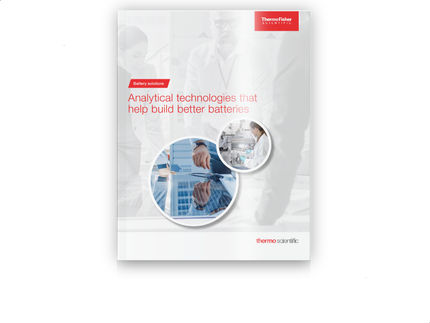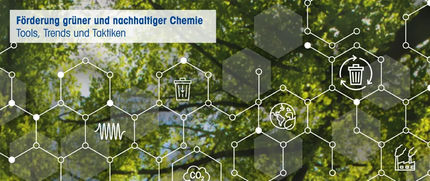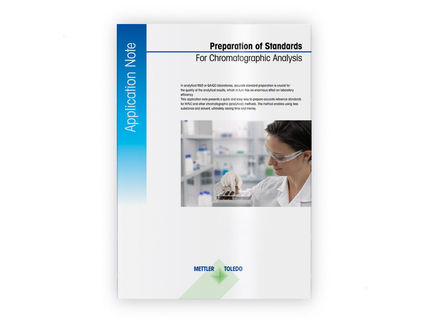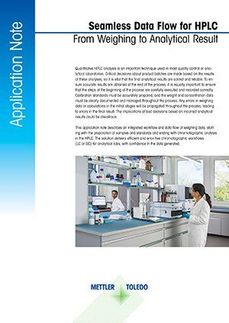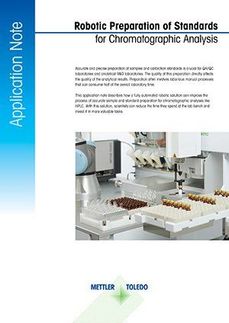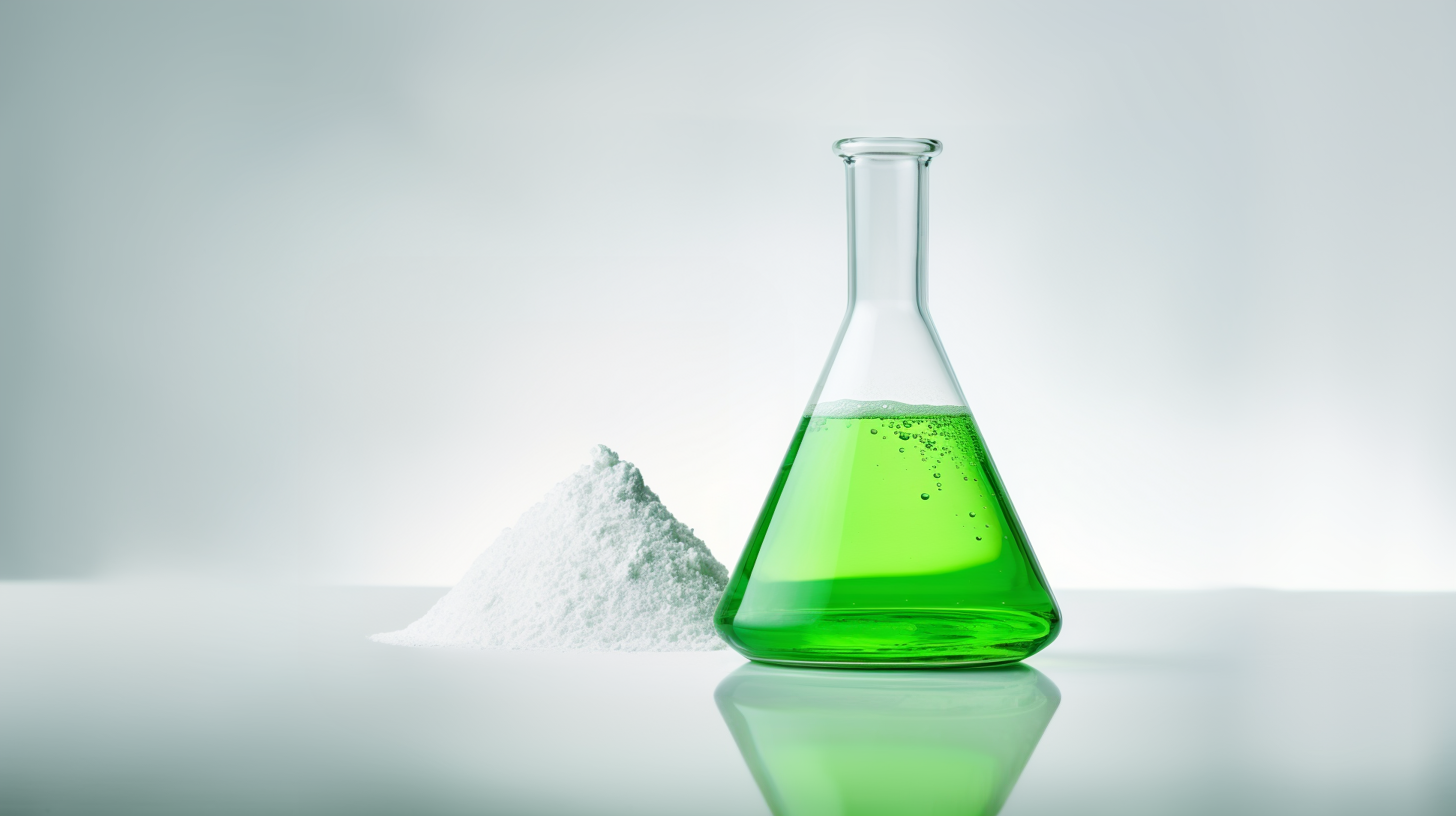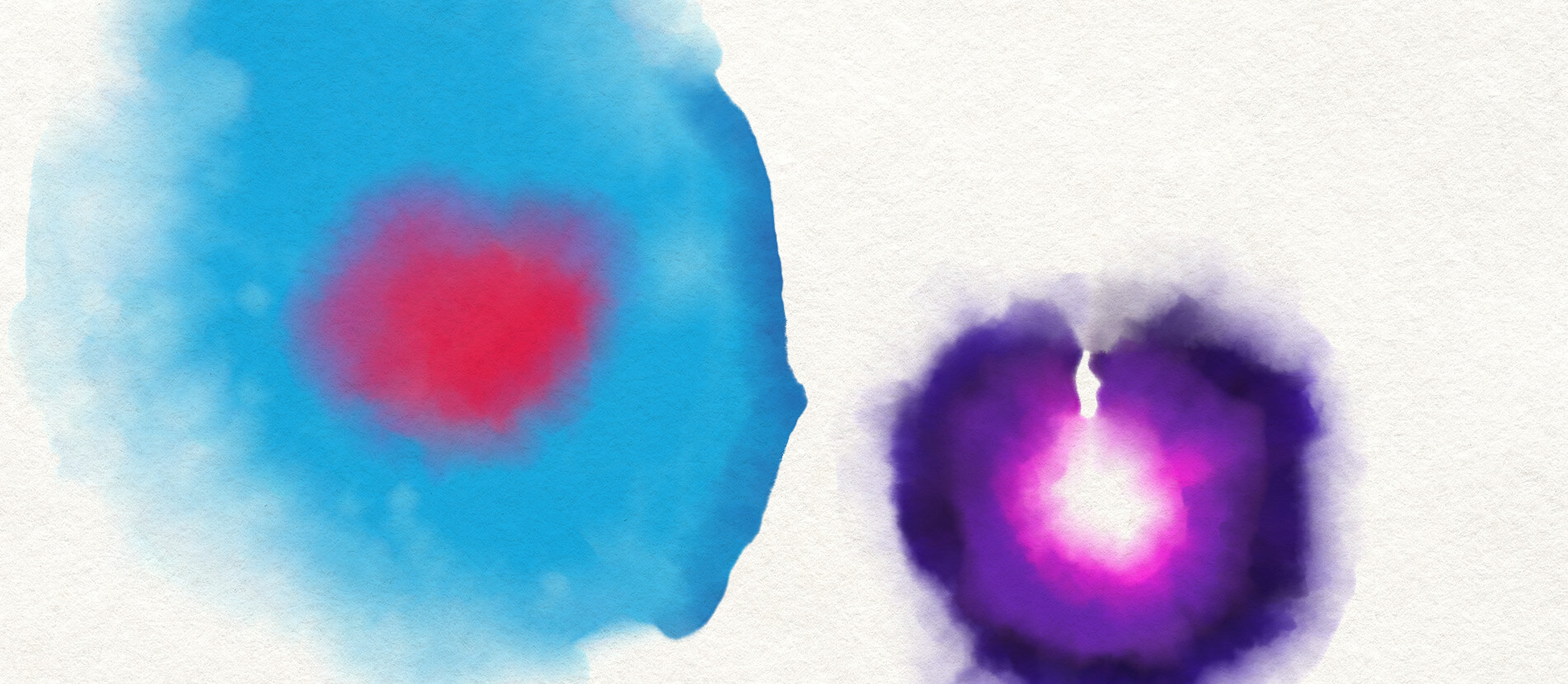Silica-free chromatography-column - or: What is CPC?
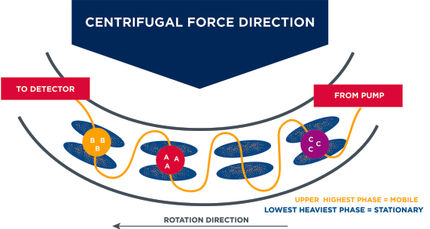
Liquid-liquid purification: Highest purity, also from crude mixt ures
Centrifugal Partition Chromatography (CPC), also known as Counter Current Chromatography (CCC) is a preparative, pilot and industrial scale liquid purification technique that does not require traditional solid supports. The main aim of this technology is to isolate the maximum amount of a specific molecule at the highest purity, in a minimum of time and without using any silica column or support media.
CPC and prep HPLC do have some similarities:
- Same objectives.
- Same fundamental chromatographic process.
- Identical peripherals: pumps, injectors, inline detectors and fraction collectors.
The heart of the LC system, in general, is the column where the separation occurs. The fundamental difference between LC, like Flash or HPLC, and CPC is the nature of the stationary phase.
The stationary phase in classical LC is made of coated or noncoated silica, where the skeleton of the particle is only a support and the surface chemistry generates chemical interactions with the mobile phase and compounds to be separated.
CPC does not require a solid support like silica; two immiscible liquid phases are used. One serves as the mobile phase or the eluent, and the other as the stationary phase. The stationary phase is retained in the column by a centrifugal field. The affinity of the solute for each phase can be measured by their partition coefficient, (Kd), that in turn dictates the order of elution for each compound.
Download white paper now
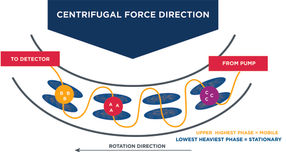
Silica-free chromatography-column - or: What is CPC?
Liquid-liquid purification: Highest purity, also from crude mixt ures


